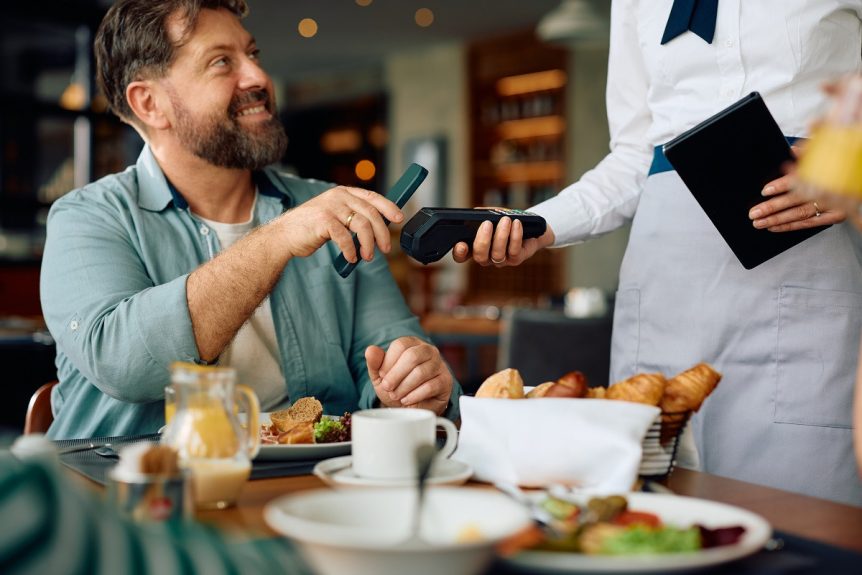A self-employed consultant lives in Limburg. He has long-term assignments and stays during the week in rented rooms on location in Amsterdam and Tilburg. He eats breakfast, lunch and dinner out of doors. He has deducted the costs of these. According to the Tax Office, these digestion costs are in the personal sphere and therefore not deductible. How does the highest court rule?
Supreme Court considerations
Costs incurred by an entrepreneur on business grounds, i.e. with a view to the business interests of the company he runs, are in principle taken into account when determining the profit from business.
The guiding principle here is that business decisions to incur expenses are at the discretion of the entrepreneur and that it is not up to the inspector or the court to attach consequences to a view of the business utility of certain expenses that differs from the entrepreneur's opinion.
Therefore, if it is established that costs were incurred for the business interests of the company, they are in principle deductible, regardless of their amount. The above does not alter the fact that if an entrepreneur incurs costs exclusively to satisfy his personal needs, those costs lack a business character and are therefore not taken into account when determining the profit from the company. That system implies that, if there is a dispute as to whether an entrepreneur has incurred certain costs with a view to the business interests of the undertaking or with a view to satisfying his personal needs, the court does not exceed the limits of its task by assessing the actual nature of the costs.
The above system does not exclude that costs incurred on business grounds can also serve the personal interests and preferences of the entrepreneur (so-called mixed costs). Costs of food, drink and beverages, referred to above as digestive costs, may be such costs.
Digestion costs as mixed expenses are subject to a statutory deduction limitation: when determining the profit, up to an amount of €5,600, costs and expenses related to food, beverages and stimulants are not deductible. If it is more favourable, one may choose, by way of derogation, to deduct the costs and charges for 80%.
The private element of digestion costs as mixed costs is only taken into account by applying this deduction limitation.
The consultant's stays in Amsterdam and Tilburg took place in view of his company's business interests. This means that the consumption costs incurred during those stays were also incurred in view of that company's business interests. The mere fact that the cost of meals out of home is higher than that of meals prepared and consumed at home does not mean that the reason for the costs was exclusively private.
Supreme Court ruling
It is right for the consultant. He can deduct the digestion cost for 80%.
Tip: Eating and drinking during a business stay therefore does not have to be tested for business as such. After all, a deduction limitation applies. However, the Supreme Court did say that it would be different if the reason for incurring those expenses was exclusively private.


